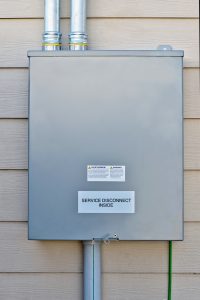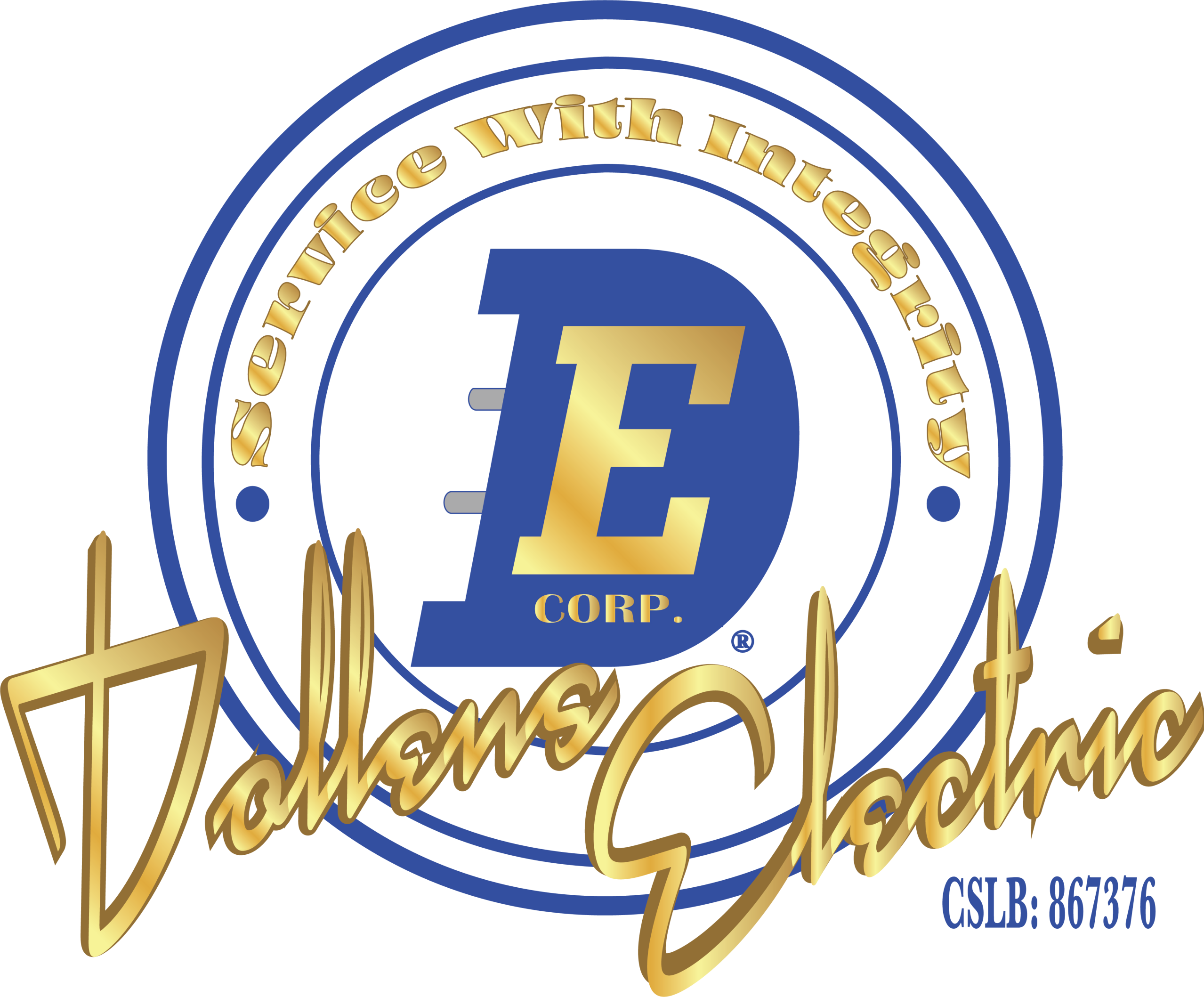How to Prep Your Electrical Panel for Backup Power
October 9, 2025

What Bay Area Homeowners Need to Know Before Installing a Generator or Battery
When the power goes out, the reliability of your backup system depends on one thing most homeowners overlook—your electrical panel. Whether you’re adding a Tesla Powerwall, Enphase IQ battery, or standby generator, your panel decides how safely and efficiently backup power flows through your home.
At Dollens Electric Corp., we see this every week across San Jose and Santa Clara County: panels installed decades ago that simply aren’t built for today’s energy demands. Here’s how to check if yours is ready—and what to do if it’s not.
Start with a Safety Inspection
Before connecting any backup system, schedule a licensed electrician to:
Check labeling and load balance. Circuits should be clearly marked, and heavy-draw appliances (HVAC, ovens, EV chargers) balanced across phases.
Inspect breaker condition. Rust, loose lugs, or outdated brands like Federal Pacific Stab-Lok or Zinsco mean replacement—no exceptions.
- Verify grounding and bonding. Proper grounding prevents dangerous voltage spikes during outages or generator transfer.
🔍 Pro Tip: A quick look inside isn’t enough. Your electrician should use a torque wrench to confirm every connection meets manufacturer specs.
Confirm Amperage and Space
Modern homes with EV chargers or solar inverters often need a 200-amp main panel.
If you still have a 100-amp service, you may not have enough capacity to safely run a generator or battery backup without overloading circuits.
Look for:
Available breaker spaces for interconnection devices
Clear labeling of “Main,” “Subpanel,” and “Critical Loads” circuits
Physical clearance around the panel (3 ft front x 30 in wide x 6 ft 6 in high per code)
Add a Dedicated Transfer Switch or Critical-Loads Subpanel

Backup systems must isolate from the grid when utility power fails. That’s done with either:
A manual or automatic transfer switch for generators, or
A critical-loads subpanel for batteries.
This setup keeps essential circuits—refrigerator, lights, Wi-Fi, and outlets—powered while preventing back-feed into utility lines.
If your panel lacks room, Dollens Electric can design and install a clean subpanel that keeps wiring neat and compliant.
Evaluate Wiring and Breaker Compatibility
Older homes sometimes hide aluminum branch wiring or tandem breakers doubled-up on one slot. Both can create resistance and heat under backup loads.
During prep, your electrician should:
Replace any non-UL listed or mixed-metal breakers
Verify conductor gauge matches breaker rating
Upgrade outdated GFCI/AFCI protection as required by current NEC codes
Integrate Smart Monitoring
ay’s panels can do more than pass power—they can communicate.
Pair your backup system with:
Load-management devices that shed heavy circuits automatically
Energy monitors (Sense, Emporia, or Enphase App) to track backup runtime
Surge protective devices to defend sensitive electronics during transfers
A smart panel not only improves safety—it shows you exactly where your stored energy goes.
Plan Permits and Utility Coordination
In Santa Clara County, any generator interlock or battery addition requires:
A city or county building permit
Utility notification for grid-tied systems
Proper UL labels on all new equipment
Our team handles every step—plans, permits, inspections—so your installation passes the first time.
Schedule Professional Load Testing
After installation, a licensed electrician should perform a full-load simulation:
Disconnect utility power.
Engage the transfer switch or battery backup.
Measure voltage stability under household load.
Confirm automatic switchover and safe reconnection to grid power.
It’s the final proof that your panel, wiring, and backup system are ready for real-world outages.
Ready for Backup Power?
Call us today: (408) 929-6100 For Your Free Estimate
